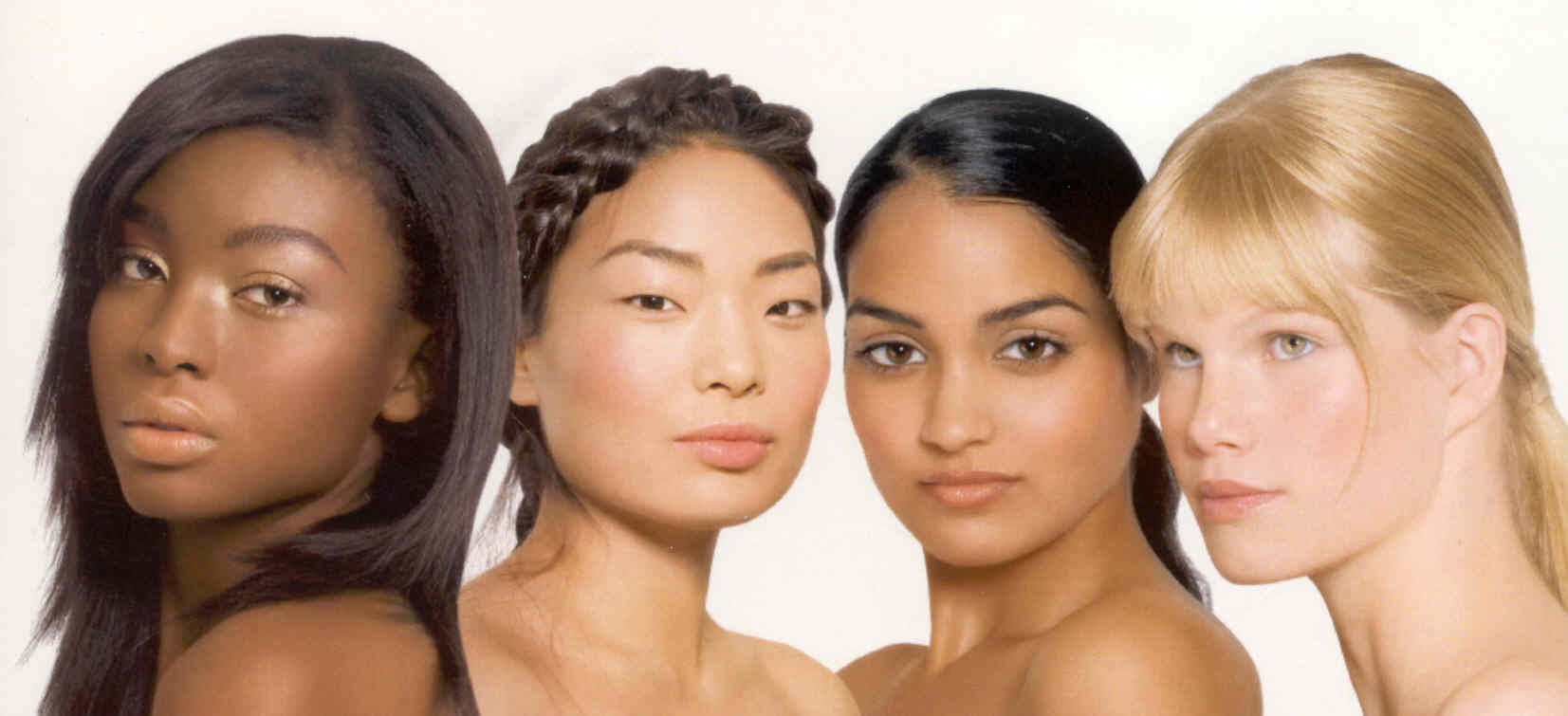Ok, that seems to make some sort of sense. Thanks
However, on a human level, say, going by your above explanation, (I realise this isn't exactly the same sort of thing), but what would happen if, for example, there were gradually fewer and fewer men or fewer and fewer women? Do you think that one or the other genders might evolve so that, for example, some men would start, oh I don't know, growing female sexual reproductive organs, so that they could carry on having offspring? Or maybe, even, they could develop within themselves both sperm and ova which somehow could fertilise themselves and (the man would presumably have to have some kind of womb) and each individual could produce and give birth to a baby. And if this were to happen, would those humans actually be a different spoecies then?
Sorry I'm probably not phrasing the question very well, but I'm not up on correct terminology and am trying to get my head around how these sorts of things work.


